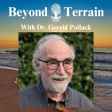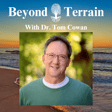
Dr. Mike Mew - The Cause of Improper Facial Development
Learn more in the the Beyond Terrain Academy, access free resources!
https://beyondterrain.com/beyond-terrain-academy/
In this profound episode, Dr. Mike Mew joins us for a powerful conversation on the true causes behind modern facial collapse, crooked teeth, mouth breathing, and the epidemic of sleep apnea.
We explore:
– The *real* reasons why faces are lengthening and jaws are shrinking
– Why early childhood habits like pacifiers, soft diets, and bottle feeding are silently reshaping humanity
– How posture, tongue position, and chewing impact your facial growth and airway
– The truth behind Weston A. Price’s work — and what he might have missed
– Why modern medicine is ignoring the cause and chasing symptoms
– Dr. Mew’s vision for the future of craniofacial health
Learn about the philosophy behind orthotropics, how to apply “mewing” properly, and why the most powerful changes are the ones *you* make.
Become a Founding Member
https://beyond-terrain.circle.so/checkout/founding-member
Keep up with me (socials)
https://www.instagram.com/beyond.terrain/
Our vision at Beyond Terrain is greatly supported by sharing our work!
Learn more from and support our esteemed guest, Dr. Mew
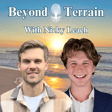
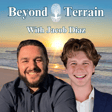
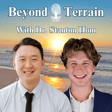
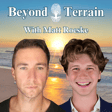

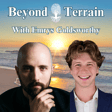
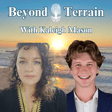
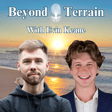
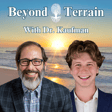

![DNA Doesn't Exist & Genomic Nonsense with Dr. Jerneja Tomsic [Part 2] image](https://media.zencastr.com/cdn-cgi/image/width=112,quality=85/image-files/652933f3a749dc383eb375de/ce5a5fd9-98c9-44fe-9b4b-3d0cd5abcf29.png)


